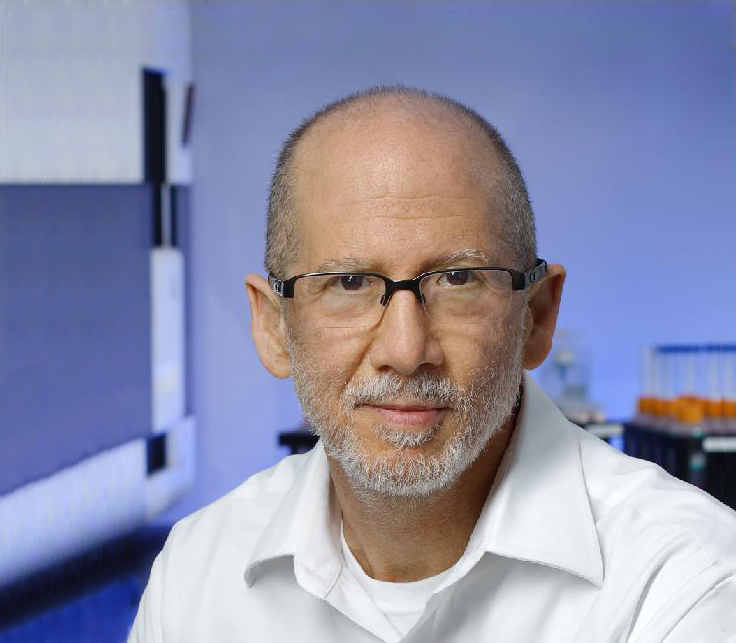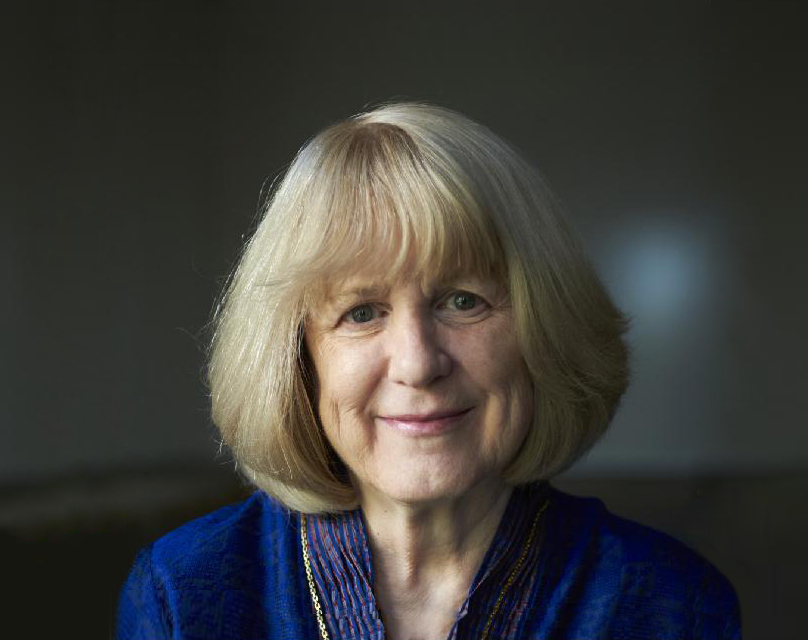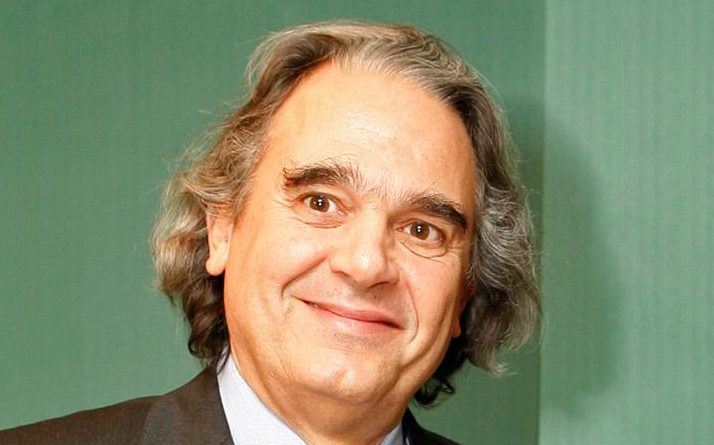Baroness Mary Warnock (1924 – 2019)

Baroness Mary Warnock (1924 – 2019)
PRESENT: BIOETHICS
Baroness Mary Warnock was an English philosopher of morality, education and mind.
Baroness Warnock is honored for her leading role in the development of practical bioethics, specifically for her progressive and unparalleled contribution to the ethics of embryology and genetics and their ethical and philosophical implication, reproductive technologies, and disability studies. Dame Mary helped enhance the welfare of society by breaking the boundaries between academic and enacted ethics.
Baroness Warnock produced a series of more than 13 monographs of the first quality over 55 years, from Ethics since 1900, through Women Philosophers, Dishonest to God, and Critical Reflections on Ownership.
However, her seminal and unparalleled achievement was The Warnock Report on Human Fertilisation and Embryology 1984, which she chaired and guided through to legislation and adoption. This work established a framework for a national consensus (in the UK) on embryo research and proposed the so-called “14 day rule” for a permissible window of ethical embryo experimentation.
It heralded the setting up of a permanent licensing and review body: The Human Fertilization and Embryology Authority. The 14-day rule has been adopted in most research intensive nations and has been critical in the flourishing of embryology globally and in the birth of many millions of healthy children world-wide through the various methods of Assisted Reproductive Technologies (ART).
It was not only the force of Warnock’s rational advocacy, but her heroic consensus building, both in parliament in the U.K., in society and globally that has permanently changed both the face of science and the agenda of bioethics.


